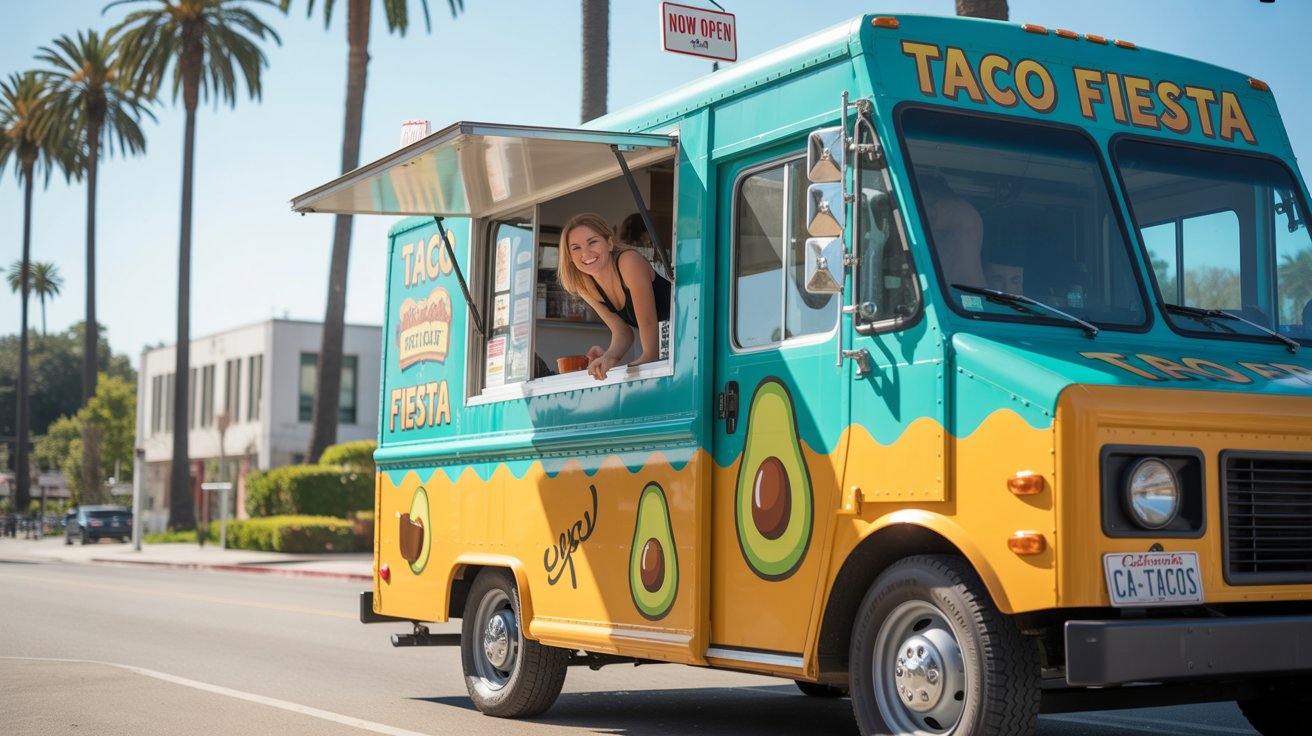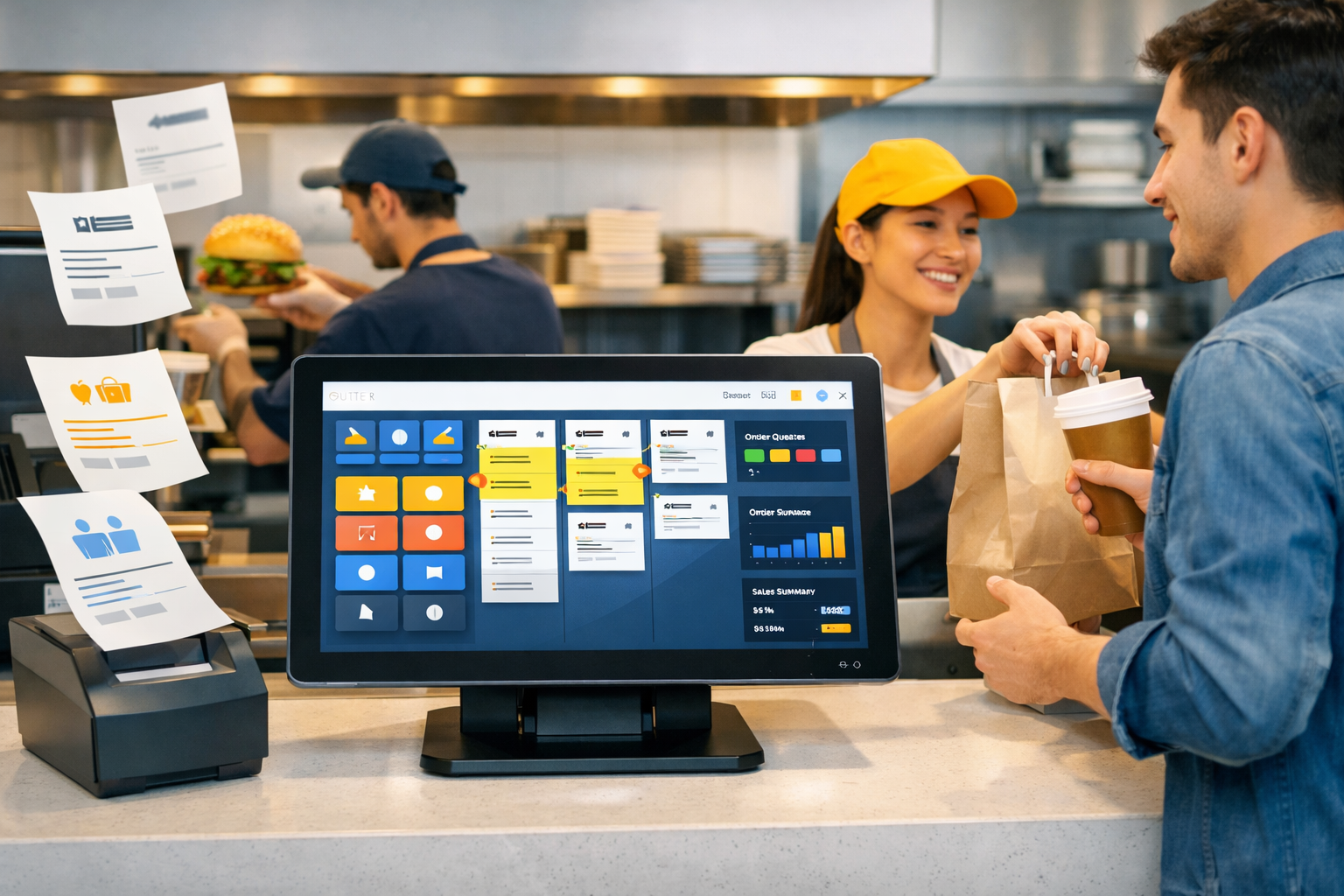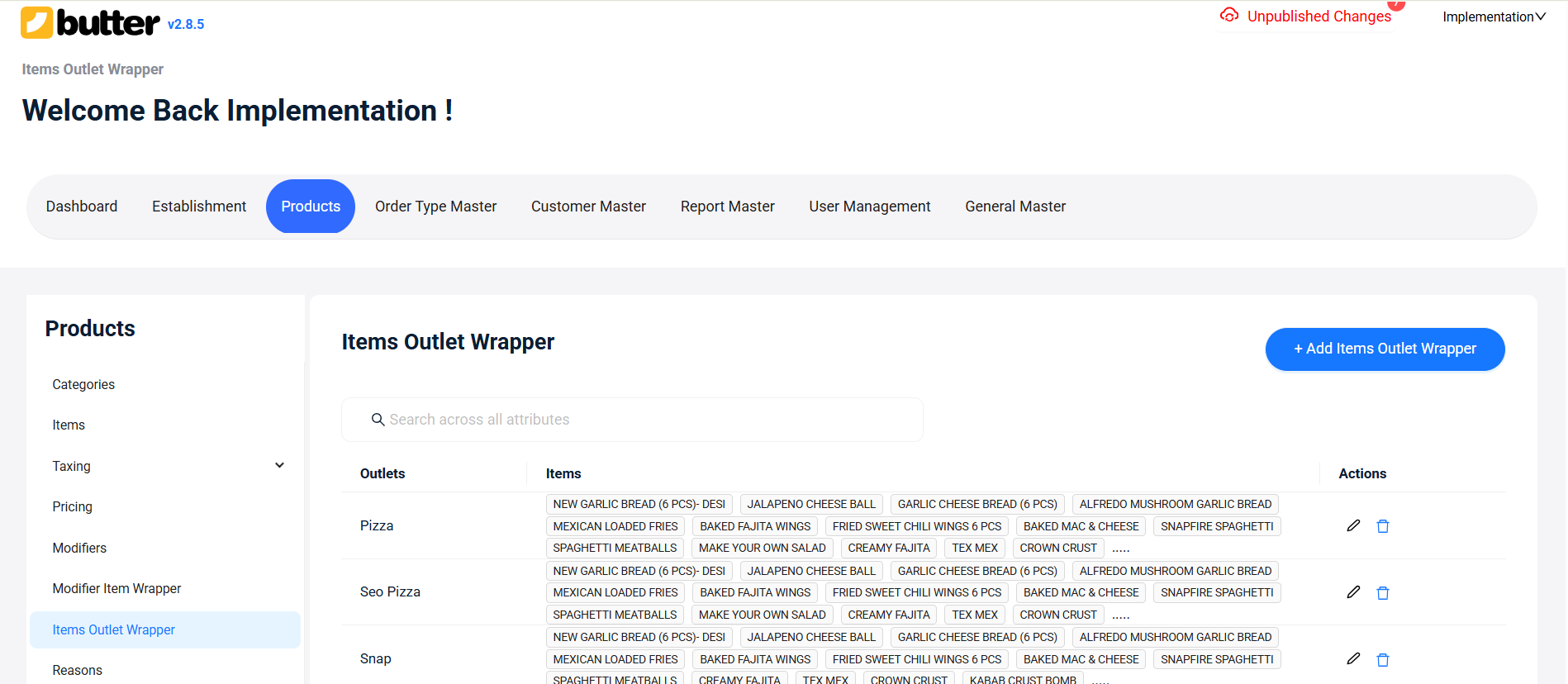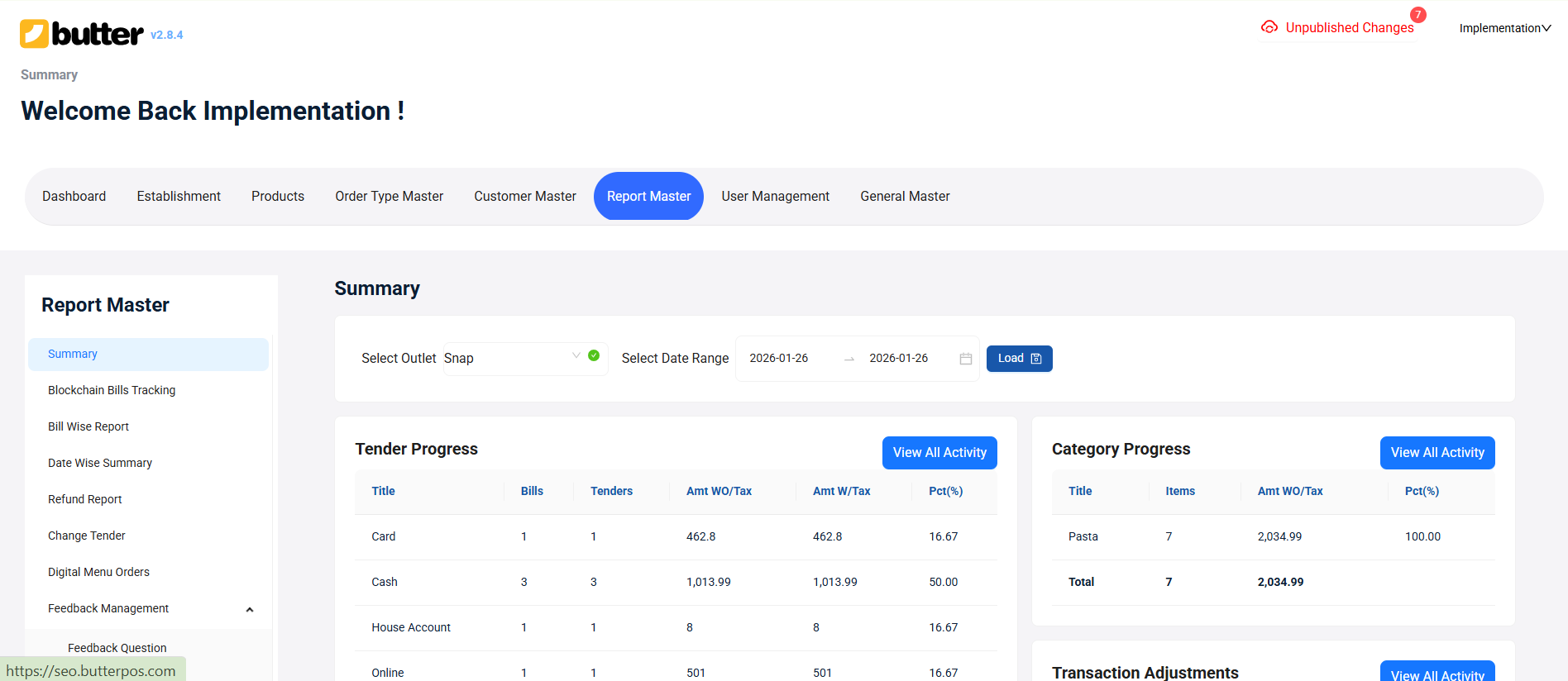Are you finding out how to start a food truck business in California?
Here's the short answer: you'll need to register your business, get a Mobile Food Facility (MFF) permit from your local county health department, secure a California seller’s permit, operate from a licensed commissary kitchen, and follow city-specific parking and vending laws.
California has one of the most active and competitive food truck markets in the U.S., but it also has some of the most detailed regulations, especially when it comes to health, safety, and zoning.
Whether you dream of selling fusion tacos in Los Angeles or vegan bowls in San Francisco, this step-by-step guide will walk you through every permit, license, and insider tip you need to legally and successfully launch your food truck in the Golden State.
For a visual breakdown of how to start a food truck business in California, including required licenses and permits, watch the video below:
Understand California’s Food Truck Market
Before you invest in your dream food truck, take a step back and research California’s dynamic and competitive food truck scene. The state isn’t just big — it’s diverse, both in terms of cuisine and customer preferences.

Research Your Market & Concept
Understand your audience and stand out with the right concept.
Start With Location-Based Research
California has several key food truck hotspots:
- Los Angeles – Street tacos, Korean-Mexican fusion, late-night eats.
- San Francisco – Vegan, organic, and globally inspired gourmet menus.
- San Diego – Seafood-based trucks and beachside classics.
- Sacramento – Farm-to-fork, BBQ, and hearty meals.
Each city comes with its own regulations, demographics, and taste trends, so be sure to:
- Visit local food truck events like Smorgasburg LA, Off the Grid SF, or Foodieland Night Market.
- Talk to food truck owners or staff.
- Study Yelp and Google reviews to understand what locals love.
Identify a Niche That Stands Out
California customers are adventurous, health-conscious, and trend-driven. Whether it’s plant-based comfort food, globally inspired burritos, or dessert trucks — the key is to:
- Solve a craving that’s missing in your area.
- Use local, seasonal ingredients if possible (a big win in CA).
- Offer options for vegans, gluten-free, or organic eaters if your target market demands it.
Pro Tip: Cities like LA and SF have Instagram-heavy cultures, where presentation and branding matter as much as flavor. A great name, aesthetic truck design, and photo-worthy food can help you grow fast.
Create a Business Plan Tailored for California
Starting a food truck in California is exciting — but it’s also a serious investment. Depending on your city, the startup cost can range anywhere from $50,000 to over $150,000, especially with California’s strict health and safety codes.
Here’s what to include in your food truck business plan:
Executive Summary
- A one-page snapshot of your concept, target market, goals, and estimated startup cost.
- Highlight why your idea fits California’s market, e.g., “Organic breakfast burrito truck designed for Santa Monica’s morning commuter crowd.”
Local Market Research
- City-specific insights: Are there too many taco trucks in your area? Is there demand for Asian fusion or health-focused menus?
- Use tools like Yelp, Google Maps, and California food truck directories to assess competitors.
- Include pricing trends in your city (e.g., lunch in SF might average $15–$18, while in Fresno it could be $10–$12).
Menu & Concept
- Keep it focused: 3–5 signature items that are easy to prep and serve.
- Consider California trends: plant-based, sustainable packaging, allergen-conscious food.
Tip: In some counties, your menu will need approval during the health permit process — so finalize early.
Financial Plan (California Cost Breakdown)
Startup Costs:
- Truck purchase or lease: $40K–$100K+
- Kitchen build-out to meet CA code: $10K–$30K
- Permits & licenses: $5K–$10K
- Commissary rental (monthly): $800–$2,500
Operating Costs:
- Staff wages (California minimum wage = $16/hr as of 2025; higher in some cities)
- Fuel, food costs, maintenance, insurance
- Forecast your monthly revenue and break-even point.
Marketing & Branding Plan
- Build your brand story (why your truck? why now?)
- Set up Instagram, TikTok, and a Google Business Profile.
- Plan to vend at California events and festivals (local permits may be needed).
- Partner with breweries, coffee shops, or university campuses.
Operations Plan
- Commissary kitchen location
- Food sourcing (local farms, wholesalers, etc.)
- Staffing plan — including California labor laws compliance
- Weekly schedule and vending locations (some cities require pre-approved route plans)
Choose a Business Structure & Register Your Food Truck in California
Before you can get permits or start serving food, you need to make your business official. In California, that means choosing the right legal structure, registering with the California Secretary of State (if required), and taking care of local business requirements.
Choose the Right Legal Structure
Your business structure affects your taxes, liability, and paperwork. The most common options for food truck owners in California are:
- Sole Proprietorship: Easiest and cheapest to start, but you’re personally liable for debts.
- Limited Liability Company (LLC): Offers legal protection and flexibility; most popular for food trucks.
- Corporation (C-Corp or S-Corp): More complex, usually for larger operations or investors.
Pro Tip: Most food truck owners in California go with an LLC for liability protection and easier tax handling.
Register Your Business Name (Doing Business As - DBA)
If your business name is anything other than your own name (e.g., “Taco Tempest” or “Golden State Grub”), you’ll need to file a Fictitious Business Name (FBN) statement with the county where you’ll operate.
- Example: If you’re based in Los Angeles County, file your FBN at the LA County Registrar-Recorder’s Office.
- After approval, publish the name in an approved local newspaper for 4 consecutive weeks (yes, it’s a legal requirement in many counties).
Register Your Business with the State (If Needed)
- Sole proprietors usually don’t register with the California Secretary of State, but...
- LLCs and Corporations must register through the Secretary of State's website. You’ll receive a unique Entity Number.
Get an Employer Identification Number (EIN)
Apply for an EIN from the IRS (it’s free) even if you don’t have employees — you’ll need it to open a business bank account, apply for licenses, and file taxes.
Open a Business Bank Account
Separate your personal and business finances by opening a dedicated California-based business bank account. This also builds credibility if you apply for a loan or work with vendors.
Apply for Required Licenses and Permits in California
California has strict health and business regulations, especially when it comes to food. You’ll need licenses at the state, county, and city level — and in many cases, your food truck can’t even hit the streets until you’ve cleared inspections and gotten approvals.

Required Licenses & Permits
Find out which licenses you need to start your food truck in California — download the full checklist now.
Here’s a breakdown of the must-haves:
- Business License (City-Level)
- California Seller’s Permit
- Health Permit (Issued by County Environmental Health Department)
- Food Safety Certification
- Fire Permit (If You Use Propane or Cooking Equipment)
- Parking & Vending Permits
- Commissary Agreement
- Vehicle Registration & Commercial Insurance
Buy and Equip Your Food Truck
Once your paperwork is in motion, it’s time to bring your truck to life. But buying any random vehicle won’t cut it — California has specific health, fire, and DMV codes for Mobile Food Facilities (MFFs). So you’ve got to build smart, safe, and compliant from day one.
Buy a Truck That Meets CA Health Standards
You have two choices:
- Buy a new or custom-built food truck from a licensed builder.
- Buy a used truck and retrofit it to meet your county’s health and fire requirements.
California Requirements:
- Three-compartment sink + handwashing sink
- Hot & cold water tanks
- Food-grade surfaces & stainless-steel interior
- Ventilation hood (if cooking with grease or open flame)
- NSF-certified appliances
- Fire suppression system (if using fryers or grills)
Reminder: You’ll need to submit truck blueprints for approval before you can get your Health Permit.
Don’t Forget Fire Safety Features
California counties are very strict about fire safety. Make sure your truck includes:
- Propane cage or secured tank
- Automatic fire suppression system
- Fire extinguishers (Class K for grease)
- Proper ventilation and air filters
Cities like Los Angeles, San Diego, and San Jose conduct fire inspections before granting vending permits.
Equip Your Truck for Efficient Operations
Every inch counts. Here’s what a functional California food truck setup usually includes:
- Grill, fryer, or stove (depending on your menu)
- Refrigerator/freezer
- Prep table and shelves
- Small ware storage
- Food warmers
- Wastewater & freshwater tanks (per CA specs)
Add a POS System
A modern Point of Sale (POS) system is essential — especially in fast-paced California cities where customers expect speed, card payments, and digital receipts.
Here’s how a POS system like Butter POS helps:
- Take orders faster, especially during rush hours
- Accept multiple payment methods (cards, Apple Pay, Google Pay)
- Track best-selling items and low-stock alerts
- Generate real-time sales reports
- Print or text receipts directly
- Work offline, so you never stop selling (even without Wi-Fi)
Pro Tip: Most successful food trucks in LA, SF, and San Diego are now using smart POS systems instead of cash boxes. It’s not just about speed — it’s about keeping things organized and fraud-free.
Optional But Helpful Add-ons
- Digital menu screen (visible outside the truck)
- Sound system or buzzer for ready orders
- Camera or security system
- Solar panels to save energy
- Order tracking display for customers
Find a Commissary Kitchen (Mandatory in California)
In California, your food truck must be connected to a licensed commissary kitchen — it’s part of state health regulations. This kitchen becomes your truck’s “home base” where you prep, clean, restock, and dispose of waste properly.
Even if your truck has a full kitchen setup, a commissary is still required in most counties.
Why It’s Legally Required in California
The California Retail Food Code (CalCode) requires all Mobile Food Facilities to:
- Be serviced daily at an approved commissary
- Maintain a commissary agreement on file
- List this agreement when applying for your Health Permit
You’ll need to show proof of this relationship — including the kitchen’s Permit Number — to your County Environmental Health Department.
What to Look for in a Commissary (California Specific)
When choosing a commissary, make sure:
- It’s licensed and approved by your local health department
- It allows mobile food trucks (some only serve caterers or pop-ups)
It offers:
- Potable water refills
- Wastewater disposal
- Grease trap access
- Dry and cold storage
- Overnight parking (some counties require it)
Example: In Los Angeles County, your commissary must also log daily service times for your truck.
Where to Find a Commissary in California
Here are a few ways to find a good commissary:
- Ask other food truck owners in your area
- Search “licensed commissary kitchens + [your city]”
- Visit local food business incubators
- Reach out to local food truck associations (especially in SF, LA, and Sacramento)
Some commissaries offer bundled services, including equipment rental, dry storage, cleaning, and POS software support. This can be helpful when you're just starting out.
What You’ll Need for the Agreement
Most commissary kitchens will ask for:
- Business license
- Proof of insurance
- Type of food you’re serving
- Days and hours of use
- Signed rental agreement
Keep this paperwork handy — it’ll be part of your Mobile Food Facility inspection file.
How Much Does It Cost?
On average, commissary kitchen rentals in California range between:
- $600 – $1,200/month (depending on location and services)
- Higher rates in Los Angeles, San Francisco, and San Diego
- Some kitchens also charge hourly ($20–$35/hour) if you don’t need daily access
Get the Right Insurance Coverage
Insurance isn’t just smart — in California, it’s often required for permits and event participation.
Here are the types of insurance you’ll likely need:
| Type | What It Covers |
| General Liability | Injury, food poisoning, slip-and-fall accidents |
| Commercial Auto | Truck damage, collisions, vandalism |
| Workers’ Comp | Required if you have employees |
| Equipment Insurance | Damage/loss of kitchen gear |
| Business Interruption | Lost income due to unforeseen closures |
Many cities won’t approve your vending permit without proof of liability insurance — often with a $1M minimum coverage.
Conclusion
Starting a food truck business in California might seem challenging at first, but with the right steps and clear understanding of the local rules, you can turn your food truck dream into a successful reality.
From securing permits and licenses to finding the perfect commissary and staying compliant with state and city regulations, each step brings you closer to hitting the road and serving your delicious food.
Remember, staying organized and using smart tools can make a huge difference. That’s where a reliable POS system like Butter POS comes in, helping you manage orders, track sales tax, and keep your business running smoothly, so you can focus on what you love: cooking and connecting with your customers.
Ready to drive your food truck business forward? Check out Butter POS today and experience the easiest way to manage your mobile kitchen! Get a Free Demo Now.
Frequently Asked Questions (FAQs)
What permits are required to start a food truck in California?
Starting a food truck in California requires multiple permits, including a business license, California Seller’s Permit, county health department permit, fire department inspection, and a Mobile Food Facility (MFF) permit. Requirements vary by city and county, so local regulations must always be reviewed.
Is a commissary kitchen mandatory for food trucks in California?
Yes, California law requires all food trucks to operate out of a licensed commissary kitchen. The commissary is used for food prep, storage, water refills, waste disposal, and daily vehicle servicing, and proof of a commissary agreement is mandatory for permits.
How do I choose the right legal structure for my food truck?
Most food truck owners choose an LLC because it offers personal liability protection while remaining relatively simple to manage. Sole proprietorships are easier to start but provide no liability protection, which can be risky in food service.
How much does it cost to start a food truck business in California?
Startup costs typically range from $50,000 to $150,000 depending on truck purchase, kitchen build-out, permits, insurance, commissary fees, and equipment. California’s stricter regulations often make startup costs higher than in other states.
Do different California cities have different food truck laws?
Yes, cities like Los Angeles, San Francisco, and San Diego have unique zoning, parking, vending hours, and inspection requirements. You must comply with both state and local laws to operate legally. It is recommended to check local laws.
What safety features must a California food truck include?
Food trucks must have handwashing sinks, three-compartment sinks, hot and cold water systems, fire suppression equipment, ventilation hoods, and temperature-controlled storage to meet health and fire safety standards.
Is commercial insurance required for food trucks in California?
Yes, most permits require proof of general liability insurance, commercial auto insurance, and sometimes workers’ compensation if you hire employees. Insurance protects your business from accidents, food safety claims, and property damage.
Can I use a POS system in my food truck?
Yes, most food trucks rely on mobile or tablet-based POS systems to process payments, track sales, manage menus, and generate reports. A POS also simplifies tax reporting and daily reconciliation which saves you from legal repercussions you would otherwise have to face.
How do I create a profitable food truck menu?
A profitable menu focuses on a limited number of high-margin items that are fast to prepare. Keeping the menu simple reduces prep time, waste, and staffing needs while improving service speed. Try preparing ingredients that are used in multiple products. For example, beef briskets can be used in burgers, as well as tacos.
Should I focus on events or street vending?
Many successful food trucks do both. Events provide high sales volume in a short time, while street vending offers steady daily income and brand visibility.
How do I market my food truck in California?
Social media is essential for announcing locations, events, and menu updates. Local partnerships, food festivals, loyalty programs, and strong branding also help attract repeat customers. Using social media, especially Instagram is crucial to make your brand known to other people.
Can I hire staff for my food truck right away?
Yes, but employees must be trained in food safety, customer service, and POS usage. Labor costs should be factored carefully since food trucks operate with much smaller margins.
How do I manage long lines and peak hours?
Efficient prep, limited menus, clear workflows, and a fast POS system help reduce wait times and increase order throughput during busy periods.
Is branding important for food trucks in California?
Yes, branding plays a major role in standing out in competitive markets. Eye-catching truck design, logo consistency, and social media presence directly impact customer recognition.
How do I choose food suppliers?
Choose reliable suppliers that provide consistent quality and competitive pricing. Local suppliers can reduce delivery time and help maintain freshness.
Can food trucks operate year-round in California?
Yes, California’s climate supports year-round operation, though weather, seasonal demand, and maintenance costs should still be planned for.
How do I calculate profit margins for my food truck?
Profit margins are calculated by subtracting food costs, labor, fuel, permits, insurance, and maintenance expenses from total revenue. POS reporting makes this calculation easier and more accurate.
Should I offer catering services?
Catering can significantly increase revenue and provide predictable income. Many food trucks use catering to supplement slower daily sales.
How do I pass health inspections consistently?
Daily cleaning routines, temperature monitoring, proper food storage, and trained staff are essential for passing inspections without issues. Keep cold food below 41 degree Fahrenheit and hot food above 135 degree Fahrenheit and keep cleaning facilities available at all times.
Are food trucks profitable in California?
Yes, food trucks can be profitable with proper planning, cost control, strong branding, and efficient operations, especially in high-traffic areas.
What common mistakes should new food truck owners avoid?
Common mistakes include skipping permits, underestimating costs, poor menu planning, ignoring marketing, and operating without a POS system. These are all major factors that make make up the numbers of more than 59% of startups shutting down within the first 12 months of starting it up.




